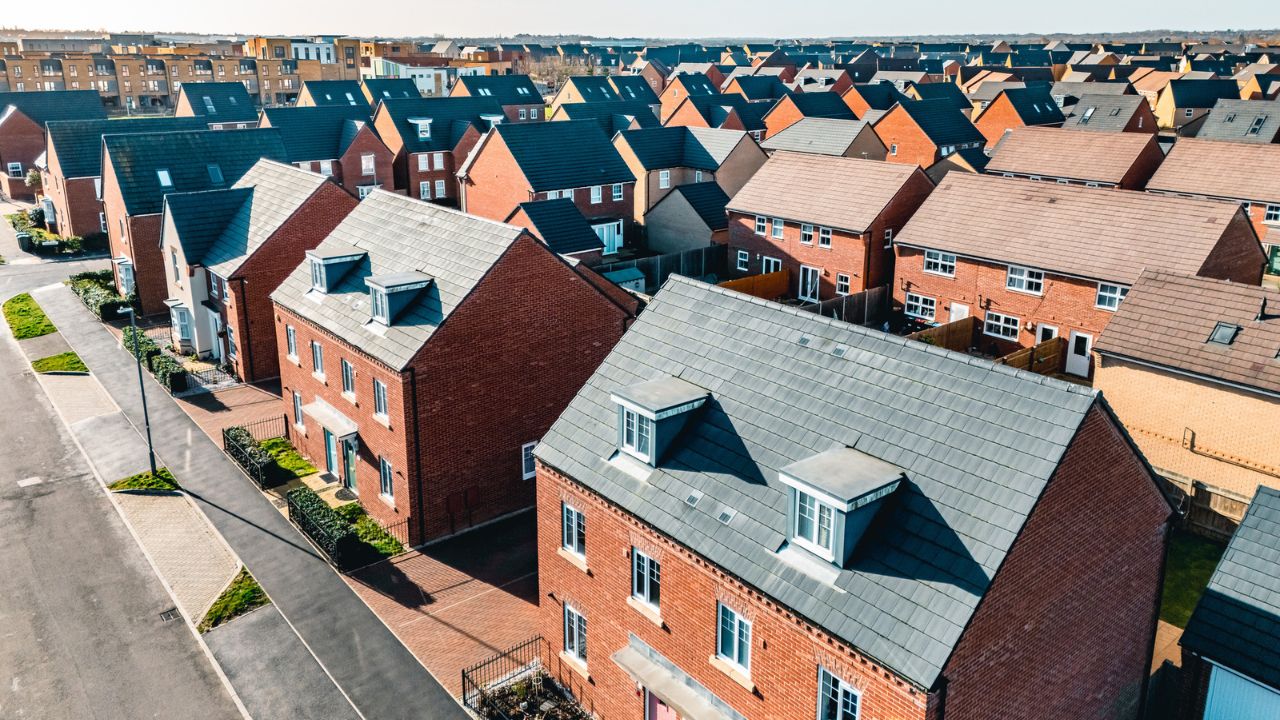According to Nationwide Building Society, the annual rate of house price growth accelerated to 2.4 per cent in July, up from 2.1 per cent in June, bringing the average UK house price to £272,664.
Housing affordability has been steadily improving thanks to strong income growth alongside more subdued house price increases and a modest reduction in mortgage rates. The price of a typical UK home is now around 5.75 times average income, the lowest this ratio has been for over a decade.
Robert Gardner, Nationwide’s chief economist, said that mortgage approvals remain resilient despite the changed interest rate environment.
“Looking through the volatility generated by the end of the stamp duty holiday, activity appears to be holding up well,” Mr Gardner said.
Indeed, 64,200 mortgages for house purchase were approved in June, broadly in line with the pre-pandemic average.”
The interest rate on a typical five-year fixed-rate mortgage is currently around 4.3 per cent for a borrower with a 25 per cent deposit.
While this remains significantly higher than the record lows of autumn 2021, it has fallen considerably from the peak of approximately 5.7 per cent reached in late 2023.
Market participants are anticipating further improvements in conditions, particularly if the Bank of England reduces interest rates as expected.
Recent data from HM Revenue and Customs showed house sales jumped by 13 per cent month-on-month in June, with an estimated 93,530 home sales taking place during the month.
This figure was 1 per cent higher than in June 2023, suggesting growing momentum in the market.
Lenders are adapting to market conditions by offering more flexible solutions, including an increased number of low-deposit or 100 per cent mortgages to help first-time buyers.
Longer-term mortgages extending beyond the traditional 25-year term to 30, 35, or even 40 years are also becoming increasingly popular.
For buyers and sellers, the current market presents both opportunities and challenges.
Mr Gardner said he remains optimistic about the market’s trajectory.
“Providing the broader economic recovery is maintained, housing market activity is likely to continue to strengthen gradually in the quarters ahead,” he said.

